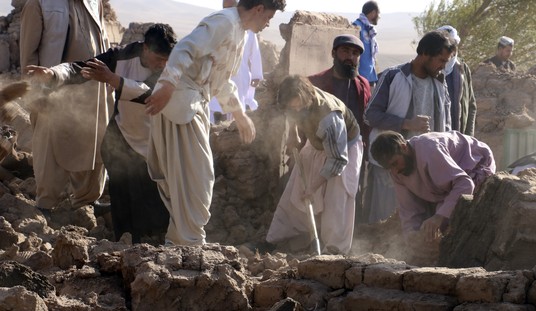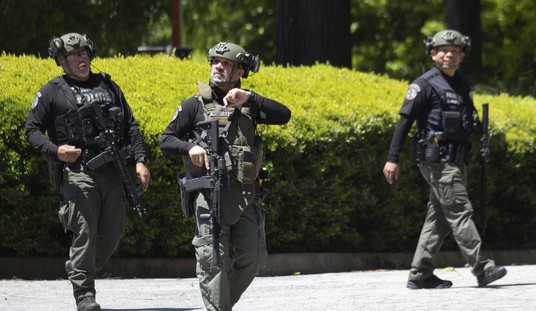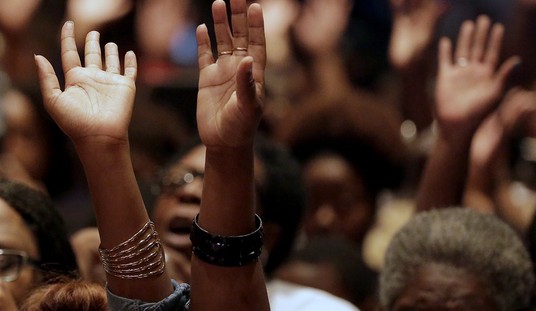We’re seeing the revival of an idea which was once mockingly featured on the final episodes of Seinfeld back in the day. While Jerry and the gang were cracking jokes, the current topic is far more serious. Florida is dealing with the repercussions of the drowning of 31 year old Jamel Dunn, which was filmed by some laughing teenagers who mocked him as he died, publishing it all on social media.
That was back in July, and while the entire country seemed to be outraged at the boys, they face no legal consequences for their inaction. Route Fifty has a story this week talking about new legislation being crafted in both Florida and Arizona which would make it a crime to stand by and do nothing to help another person in peril. Under penalty of law, the witness would either have to attempt to render help or at least call first responders to the scene. While such “bad Samaritan” laws may provide some sense of satisfaction to those who were rightly outraged by the teens’ callous behavior, such laws may be impractical if not outright constitutional.
[L]ibertarians oppose the laws, and some legal experts argue they may not be effective. David Hyman, a law professor at Georgetown University, and Eugene Volokh, a law professor at UCLA, say the laws aren’t likely to change the behavior of people who witness emergencies and, if they do, the consequences of having a law in place would outweigh the benefits.
Imposing a duty to rescue, Hyman said, may actually make situations more deadly by compelling people to act in often perilous circumstances. And the laws may actually make it less likely that people who witness criminal acts cooperate with police, Volokh said. If a witness knows the law requires them to immediately report what they see, and they don’t, they may be less likely to come forward later out of fear that they will be prosecuted.
One of the arguments being made is that the laws are essentially not needed because there are so few incidents of people not trying to rescue a victim or summon help. One expert conducted a study and concluded that there were only one or two “non-rescue incidents” per year. Personally, that doesn’t sound right to me. There may be only one or two per year that we know about, but how many other people have walked by someone in distress without saying anything or filming it and putting it on YouTube? I’m guessing it’s a lot more than that based just on the behavior of your average pedestrians in New York City and Washington, D.C.
But even if there were only one or two, what difference does that make? If we, as a society, determine that a particular action is a crime suitable for prosecution and punishment, is it any less of a crime simply because it’s rare?
My real problem with the idea of passing such laws is that we hold people accountable and punish them for their actions, not their inaction. If you are not a professional first responder, what obligation do you have to rush into a dangerous situation to save someone else or even get involved by calling the police? What harm have you personally caused? And even if you’re a policeman or fireman, there surely comes some point where the danger is so great and the probability of a successful rescue so slim that you might turn back. Do we send firemen to jail for that?
What those kids in Florida did was evidence of monstrous, diseased minds and somebody should be keeping an eye on them. But they didn’t break any laws by not helping the drowning man. Passing new laws just because you’re angry about one specific incident is rarely a good plan in legislating. Bad Samaritan laws are a bad idea whose time may never come.







Join the conversation as a VIP Member